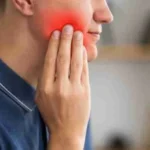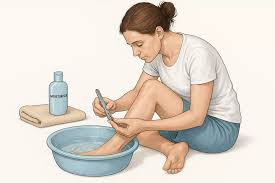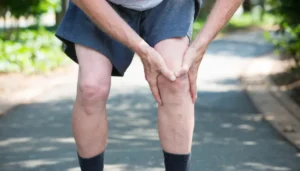Losing a tooth due to an accident can be a startling experience. When a tooth is completely knocked out, it is referred to as an avulsed tooth. In such situations, many people wonder if the tooth can be repositioned. The answer is sometimes yes; an emergency dentist may perform a procedure called reimplantation to save the natural tooth. Understanding when reimplantation is possible can help you determine the steps to take to give your tooth the best chance of being saved.
When Is Reimplantation Possible?
A dentist can often reimplant a knocked-out tooth, but success depends on the handling of the tooth and the socket after the injury. The tooth must be healthy, and the surrounding bone and gum tissue must be in good condition. Reimplantation is most successful when the ligaments that attach the tooth to the bone are still alive. These ligaments may begin to dry out and die shortly after being separated from their blood supply.
For the best outcome, the tooth must be kept in a suitable environment until you can see an emergency dentist. The goal is to keep the cells on the root surface alive. Proper handling of the avulsed tooth from the moment of the accident until you arrive at the dental office plays a large part in whether reimplantation will be a viable option.
Which Teeth Are Eligible?
Reimplantation of teeth is not always possible, and the procedure is typically limited to permanent (adult) teeth. Baby (primary) teeth are not usually reimplanted due to the risk of damaging the developing permanent tooth beneath the gums. This may lead to problems with the adult tooth’s alignment, shape, or eruption.
Key points are:
- Reimplantation is for permanent teeth only: Dentists focus on saving adult teeth, as baby teeth naturally fall out and are replaced.
- Risk of damage to permanent teeth: Reimplanting a baby tooth can harm the developing adult tooth under the gums, potentially causing alignment or growth issues.
- Standard approach for baby teeth: When a baby tooth is knocked out, it’s generally left out to protect the adult tooth. Dentists may recommend a space maintainer to allow for proper spacing for the permanent tooth.
The priority is always the health and development of the underlying adult tooth. If a baby tooth is knocked out, consulting an emergency dentist will help determine the best course of action and whether additional treatment, like a space maintainer, is necessary.
How Soon Should It Happen?
Time is key to the success of tooth reimplantation. Ideally, reimplantation should happen within 30 to 60 minutes of the injury for the best chance of survival. After this period, the survival of the root’s surface cells decreases significantly, which may impact the long-term success of the procedure. The sooner you see an emergency dentist, the better the prognosis.
Handle the tooth carefully by the crown, avoiding the root to protect the delicate cells necessary for reattachment. Rinse it gently with milk or saline if dirty, but avoid tap water or scrubbing. Keep the tooth moist by placing it back in the socket if possible, or storing it in milk, saliva, or an emergency tooth preservation product. Then, get to an emergency dentist as quickly as possible.
Visit an Emergency Dentist
Seek professional help immediately to increase the chances of saving the tooth. Dentists can assess the injury, properly reimplant the tooth, and stabilize it by splinting it to neighboring teeth while it heals. Handle the tooth carefully, keep it moist, and avoid touching the root to prevent further damage. Promptly contacting an emergency dentist is necessary, as they have the tools and expertise to manage the situation and guide you through recovery. Acting quickly gives the tooth the best chance of survival.














